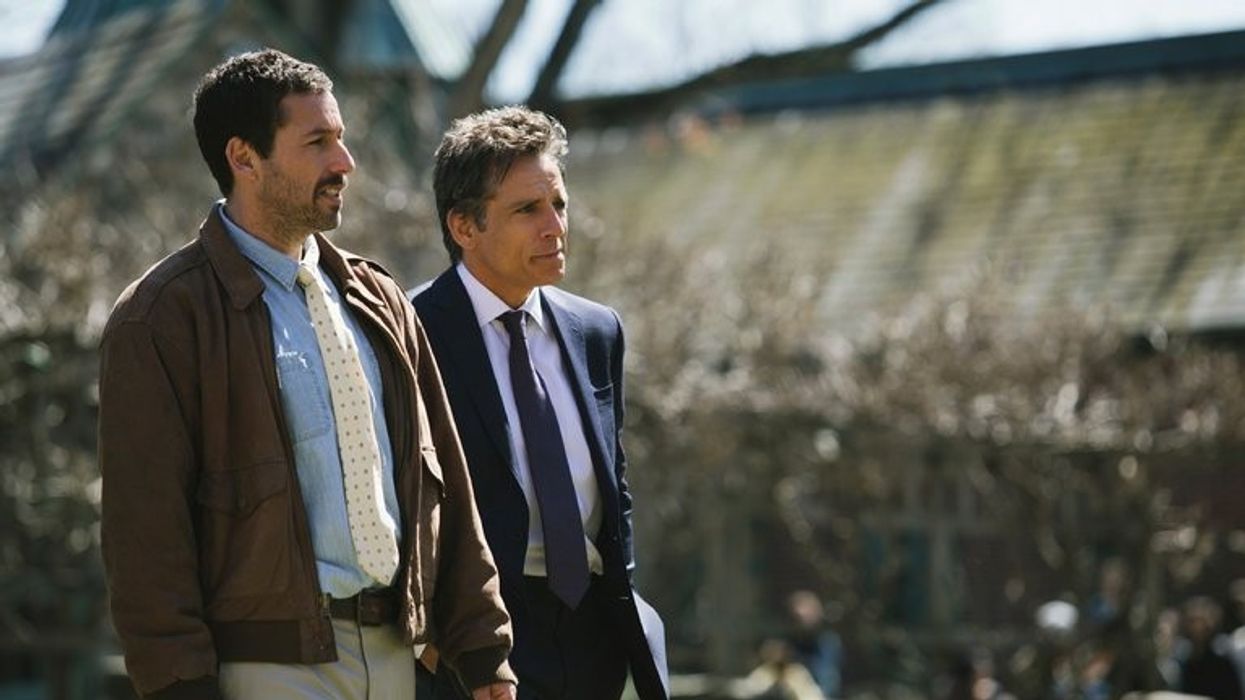Watch: How to Write Dialogue for a Normal Person, Not a Movie Character
Nerdwriter is back to explore Noah Baumbach and the nature of human conversation.

We may have lost some of the finest voices in the video essay community earlier this week in Tony Zhou and Taylor Ramos of Every Frame a Painting, but at least we can all take solace in the fact that Nerdwriter still exists.
In his latest essay, we are treated to a deep dive into the dialogue of Noah Baumbach. Nerdwriter focuses specifically on the familial conversations among the Meyerowitz Family in The Meyerowitz Stories (New and Selected). He argues that Baumbach is the best in the business in terms of delivering dialogue as it really is spoken.
So how exactly does a real person sound compared to a movie or TV character?
Nerdwriter believes that film captures "the reality of conversations" better than any other medium because, in real life, people talk over each other rather than with one line of dialogue neatly placed after the other. For Baumbach, overlapping conversations is a tactic that comes up again and again. One character is trying to say something, while the other is focused on a completely different trip.
What brings this strategy to another level however is the implied meaning behind the dialogue. It's not so much what the character is saying, or how their partner is ignoring it, its why they're saying it and in, in turn, why it's being ignored that's important. This is what drives an emotional reaction in the audience.
"When we speak to others, we are often speaking to ourselves," Nerdwriter offers. This is all in an "attempt to frame dialogue so that the person we are talking to will reflect back things that we want to believe about ourselves."

Something else that we regularly encounter in conversations is the attempt to finish other peoples' sentences. Is it a power thing? Are we trying to make a connection? There could be many reasons. But, again, it's an interesting writing practice to bring in to your dialogue, and one the could serve to enhance a relationship between characters.
It may not be the case for your family, but for the Meyerowitz family, in particular, there are more disconnected conversations than connected ones. This makes moments where the characters actually pause and take a rare moment to connect in the film seem all the more powerful. Communication may be challenging, but that doesn't mean screenwriting has to be.











